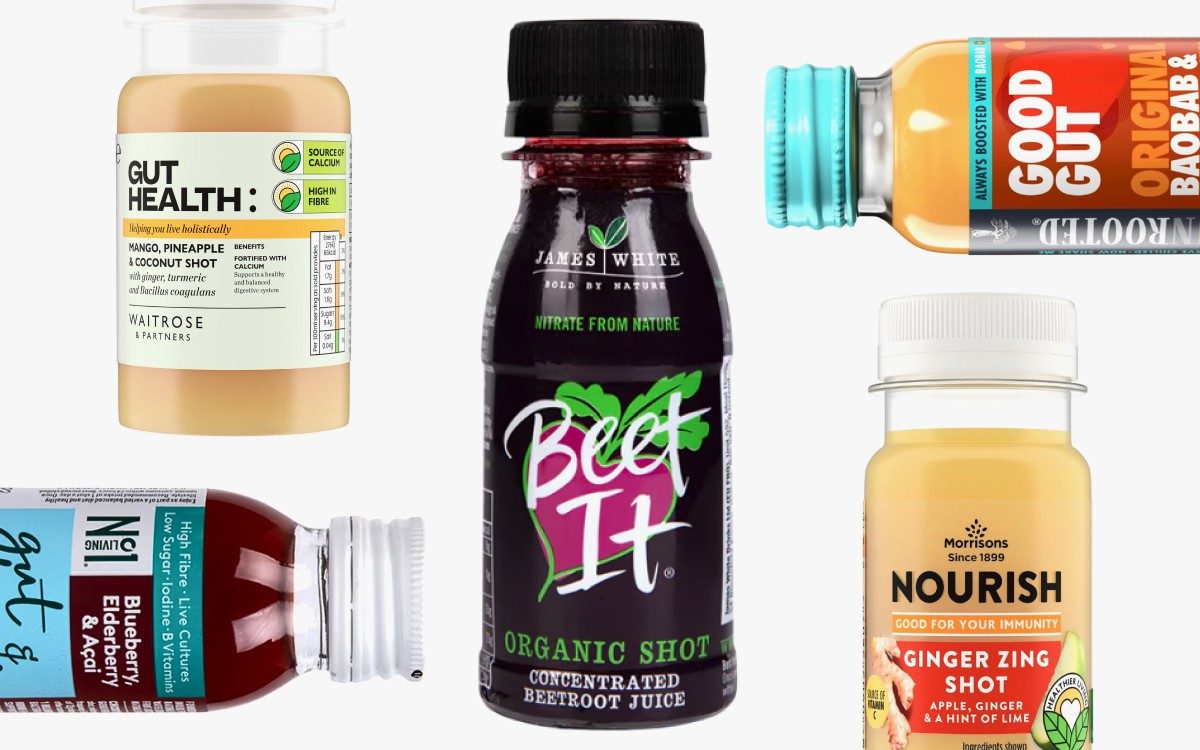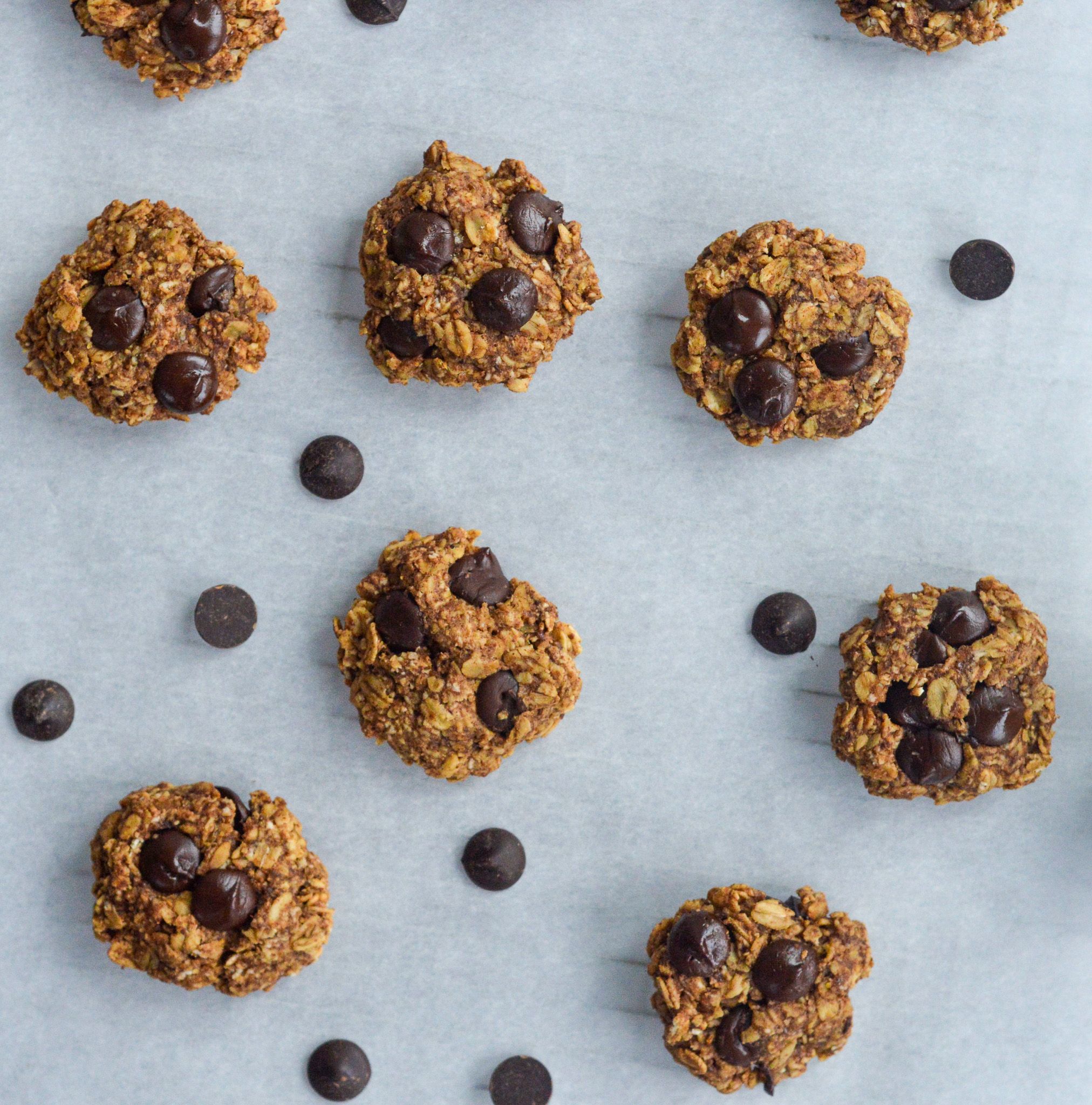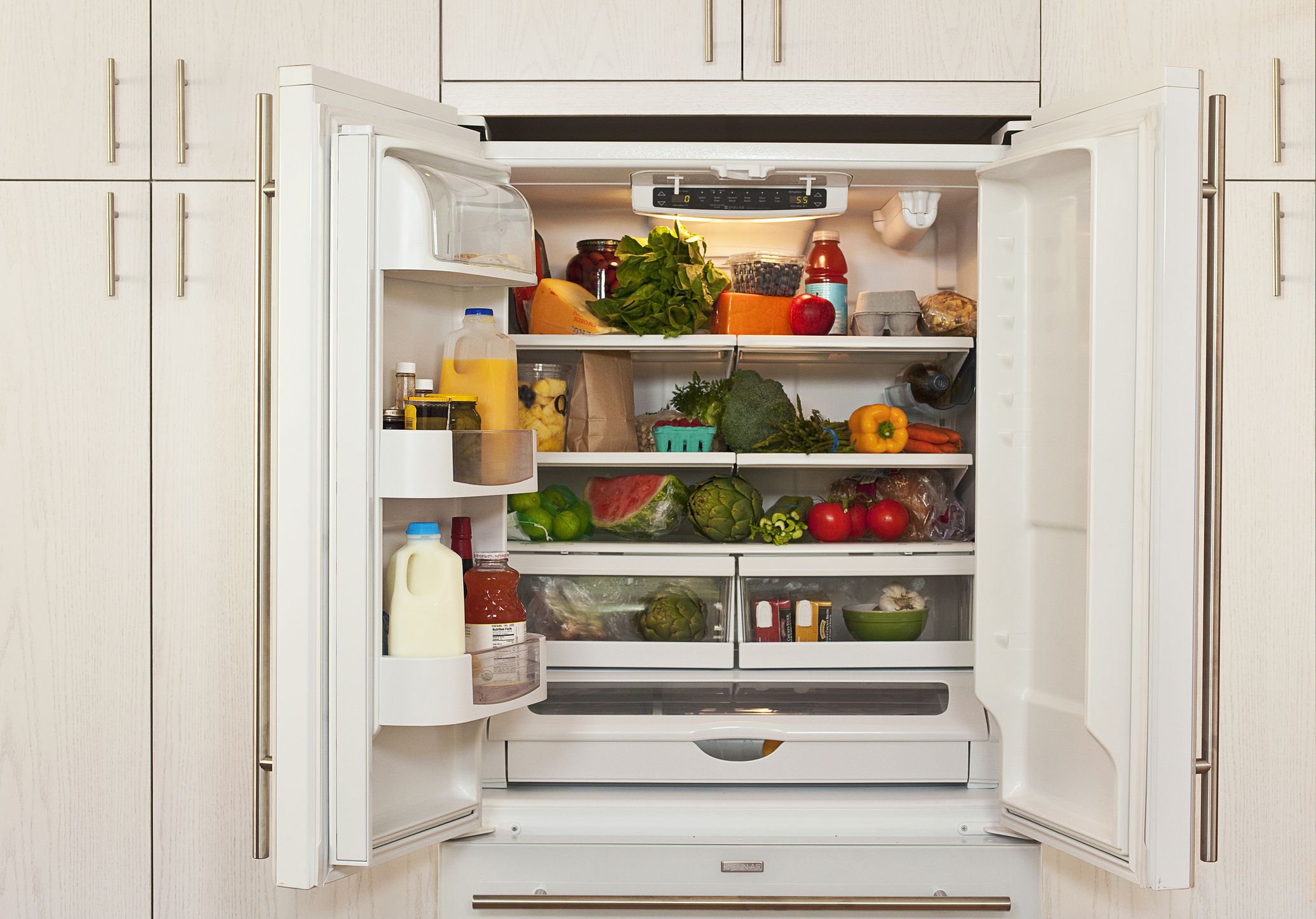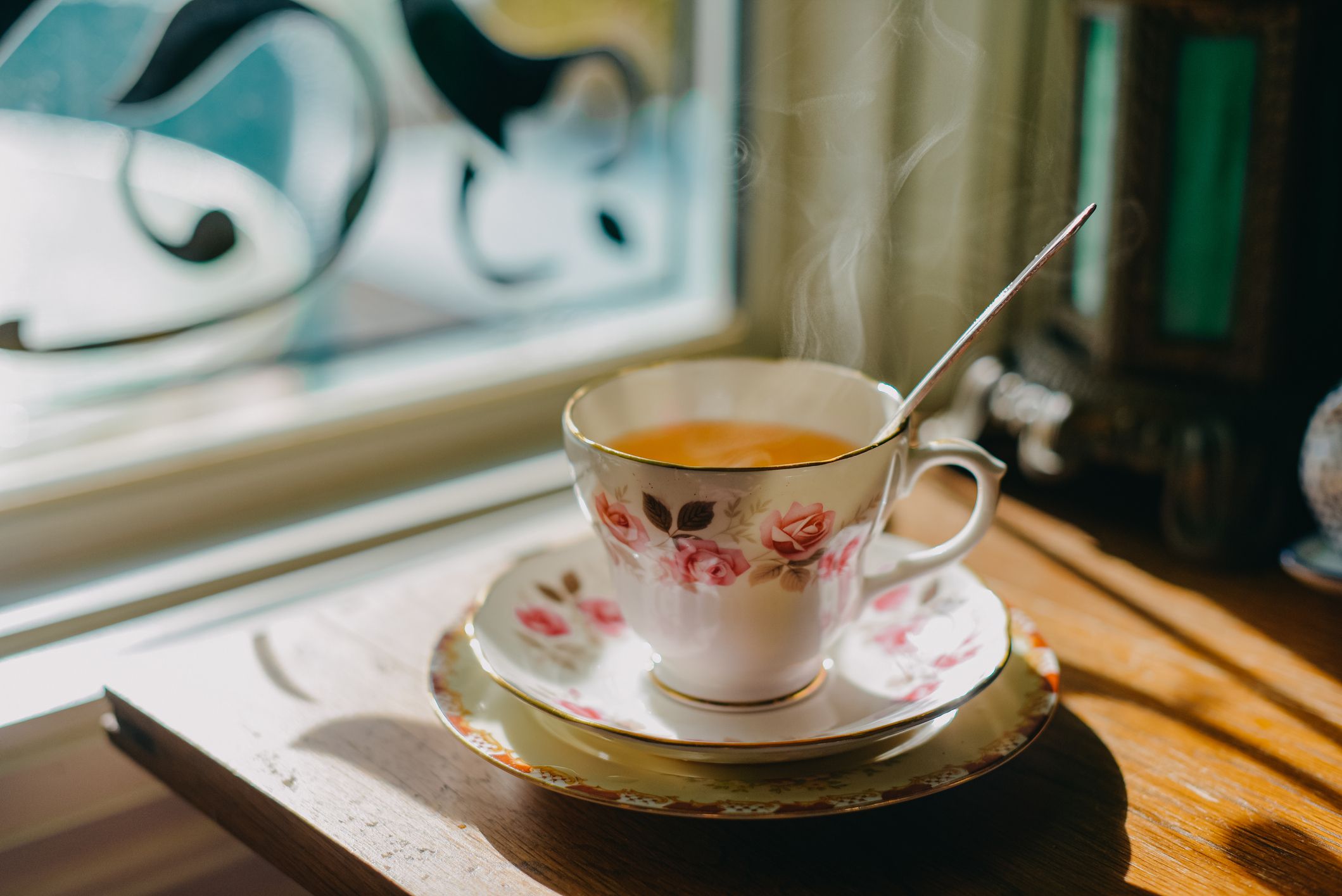
IS YOUR £2.90 GINGER DRINK WORTH IT? OUR VERDICT ON HIGH-STREET JUICE SHOTS
“We all want a simple solution and the ability to have a healthier diet with minimum effort,” says Dr Amanda Avery, an associate professor in nutrition and dietetics at the University of Nottingham.
It is this mentality that has seen juice shots – tiny brightly coloured 60-110ml bottles that are full of blended fruit, vegetables and spices – expand across the shelves of food chains and supermarkets.
Most have health buzzwords, like immunity, gut and brain health, slapped on the packaging and contain trendy wellness ingredients, such as baobab, spirulina and turmeric.
“They do seem to be the latest fashion in products available claiming nutritional benefits,” Dr Avery says. “Manufacturers are very clever in how they market these products, playing on people’s vulnerabilities – wouldn’t it be wonderful to feel totally ‘recharged’ by just having a juice shot.”
But despite the branding and hefty price tag – costing up to £3.50 per 100ml, compared with £3 for the same quantity of champagne – they’re not a silver bullet for good health.
What’s in them – and how they took over
Generally, they have a fruit-juice base – most commonly apple – which is often from concentrate and can account for up to 80 per cent of the liquid.
Other ingredients are then added for supposed health benefits, such as ginger, turmeric and spirulina. Additional eye-catching ingredients include Scottish seaweed, coconut nectar and Himalayan pink salt. These are often the flavours marketed on the bottle, despite making up as little as 0.1 per cent of the actual liquid content.
Some manufacturers then fortify with vitamins, such as B12, D3 and E, as well as cramming them with flavourings, live cultures of bacteria, antioxidants and chicory fibre.
The shots began cropping up on specialist websites more than a decade ago. Moju, now one of the most recognised brands, launched its first ginger shots in Harrods and Planet Organic in 2016. There are now more than a dozen brands widely available, with supermarkets such as M&S, Waitrose and Morrisons releasing own-brand versions.
“Juice shots are positioned as a quick and convenient ‘health fix’, and a source of plant goodness in people’s diet, and consumers keenly feel a need for this,” says Kiti Soininen, the director of UK food and drink research at market research company Mintel.
Its latest research shows three in 10 people believe it’s too time-consuming to follow a healthy lifestyle, rising to more than half among 24 to 34-year-olds.
“Diet-related diseases are continuing to grow at worrying rates despite the growing evidence of what constitutes a healthy diet,” says Dr Sarah Berry, a nutrition expert at King’s College London. “In an effort to counter poor health resulting from our poor diets, many people are turning to ‘quick fixes’.”
Skip to:
- Which shots are worth buying
- Why they might not be as good for you as you think
- How to make your own
Which shots are worth buying?
From The Telegraph nutritionist Sam Rice
Pret Ginger Shot
£2.90
Ingredients: Apple (75%), ginger (25%), antioxidant (ascorbic acid)
Verdict: While the ingredients list here is simple, just juice and ascorbic acid (or vitamin C, which is not considered a UPF additive), the major negative is the price. I would want more than 75 per cent apple juice at this price point.
James White Beet It Organic Beetroot Shot
£1.00
Ingredients: Concentrated organic beetroot juice (98%), organic lemon juice (2%), made from concentrates
Verdict: This looks like a great, affordable option if you like beetroot juice, which has been linked to improved blood pressure, because this is 98 per cent beetroot juice and a tiny bit of lemon, presumably to add sharpness and for a natural preservative effect. The juices here are from concentrates, but this is not really an issue if there’s no added sugar.
CPress Organic Turmeric Gold Cold Pressed Booster Shot
£2.55
Ingredients: Pear juice (81%), ginger juice (10%), lemon juice (5%), turmeric juice (4%), black pepper (<1%)
Verdict: Again the main downside here is the price – a lot to pay for 81 per cent pear juice, which is most likely included here to make the drink sweet and tasty rather than for any health benefits. This would need to include much more ginger and turmeric (for their active ingredients gingerol and curcumin) to convey any notable benefits.
Mockingbird Raw Beauty
£0.93 per serving
Ingredients: 1 3/4 pressed apples, 1/2 juicy orange. 13 1/2 crushed raspberries (13%),1 pressed passion fruit (9%), crushed mango, beetroot (5%), vitamins and additives
Verdict: The ingredients list reads more like the contents of a vitamin supplement than a juice shot, and while it might sound good to be getting all this in one, it’s generally a good rule of thumb to avoid foods that contain unfamiliar ingredients. This also contains the additive silicone dioxide, which tips this into UPF territory.
No.1 Gut & Brain Shot
£1.80
Ingredients: Kombucha, chicory inulin (13%), Fruit juices from concentrate (6%), natural flavours, B vitamins, live cultures
Verdict: This shot is one of the lowest in sugar, which is a positive, and has gut health benefits from the fermented kombucha and chicory inulin, but I think at this price you might be better off just having a couple of spoonfuls of probiotic yogurt for breakfast.
Plenish Spirulina Detox Shot
£1.50
Ingredients: Apple (70%), cucumber (14%), lime juice (9%), lemon juice, spirulina powder (0.1%), vitamins B1 and B2
Verdict: The main claim here is that it contains 100 per cent of your daily B1 and B2 vitamins, but deficiency in these vitamins is extremely rare. In terms of it having a detox effect, nothing you eat or drink can really detox you – it’s our liver and kidneys that do that.
The Turmeric Co. Raw Turmeric Vitamin C & D3 Shot
£1.95
Ingredients: Watermelon, pineapple, turmeric root (15%), organic ginger root, pomegranate, lemon, vitamin blend, spices, coconut nectar
Verdict: There’s a reasonable amount of turmeric in here, but the rest is a combination of fruit juices and some added vitamins, which you could get much more cheaply from a simple multivitamin tablet if you were struggling to get enough.
Unrooted Original Baobab
£2.00
Ingredients: Water, apple juice, baobab powder (5%), lemon juice, passion fruit juice (3%), coconut syrup, himalayan pink salt, ascorbic acid
Verdict: This shot is one of the lowest in sugar and contains 5 per cent baobab powder and, while baobab is high in fibre and some key micronutrients, it’s unlikely it could convey much benefit in such a small dose.
Morrisons Ginger Shot
£1.00
Ingredients: Apple juice not from concentrate (79%), ginger juice not from concentrate (17%), lime juice not from concentrate
Verdict: This does pretty much the same job as the Pret shot at a fraction of the cost. It’s 79 per cent apple juice, so still expensive compared with just buying a bottle of regular apple juice and adding a little of your own grated ginger.
M&S Ginger & Apple Immune Support Shot
£1.25
Ingredients: Apple juice, ginger juice (10%), vitamin C
Verdict: Again it’s just apple and ginger juice – this time 80 per cent apple juice – and 25p more than Morrisons, and it has the highest sugar content of all the featured shots at 11g/100ml. I can’t see any tangible nutritional benefit from having this shot – eating an apple would be better as the fibre content would be higher.
Waitrose Gut Health Fruit Juice Shot
£1.60
Ingredients: Apple juice, mango purée (17%), apple purée, pineapple juice (12%), peach purée, coconut milk (10%), chicory fibre, calcium lactate, ginger purée, turmeric juice, bacillus coagulans
Verdict: this shot uses fruit purees rather than juice, and as such is higher in fibre, which is a positive. But it is also one of the higher in sugar at 9.4g per 100ml, which is nearly 2.5tsp.
Moju Immunity Hot Mango
£2.10
Ingredients: Apple, orange, mango (7.5%), lemon, ginger root (4.5%), turmeric root (1.5%), acerola cherry powder, cayenne pepper powder, zinc lactate, vitamin D3 from seaweed, antioxidant (ascorbic acid)
Verdict: there is plenty of vitamin C and D here, and there is some ginger and turmeric, but again in very small doses, so it’s debatable what benefits they could bring. It would be cheaper to buy fresh orange juice, which is about a quarter of the price – and the sugar content is almost identical (10g/100ml) – and take a daily vitamin D supplement.
Supposed benefits
The benefits of each shot will depend on its blend of fruit, vegetables, herbs and spices.
“Many of the ingredients used are nutrient-rich and, as a consequence, have anti-inflammatory and antioxidant properties, which can help reduce the risk of many of the common illnesses including infections, heart disease, cancers and a range of other conditions where there is inflammation such as arthritis,” says Dr Avery.
For example, beetroot shots have been shown to boost exercise performance and lower blood pressure. This is thought to be down to the vegetable’s high levels of nitrate, which has anti-inflammatory properties and helps blood vessels dilate, says Dr Avery.
Turmeric, one of the most commonly used ingredients in juice shots, may help kill virus particles and treat indigestion symptoms, such as stomach pain and bloating, studies suggest.
Ginger, another popular juice shot flavour, is an anti-inflammatory, contains antioxidants, which help manage levels of free radicals (compounds that, in high numbers, damage cells) and is thought to boost the immune system.
Given their small serving size, they also contain less sugar than a smoothie. For example, Waitrose Gut Health juice shot contains 9.4g per 100ml bottle, while high street smoothies can contain more than 40g.
Back to index
Why they might not be as good as you think
The big issue is that fruit and vegetables become less nutritious when they’re blended or juiced. The process breaks down the cell wall, causing naturally occurring sugars to transform into “free” sugars – the type that is more rapidly absorbed by the body and that we’re supposed to limit our intake of. “This is on top of some juice shots containing added sugars and other unhealthy additives, so it is important to read labels carefully,” Dr Avery says.
Crushing fruit and vegetables also dramatically reduces their fibre content, though some shots try to compensate for this by adding fibre back in. “Most people in the UK do not currently consume sufficient fibre and yet dietary fibre is so important for gut health – whole vegetables and fruits are good sources,” she says.
“It is always going to be healthier to consume the ingredients in their ‘normal’ form,” Dr Avery says, though she notes that frozen and tinned options can form part of a healthy diet.
Additionally, some juice shots use juice concentrate – the sticky substance left over when the water is extracted from fruit juice – which can contain additives and sugars.
And, despite the tiny portion size, some cram in 10 times more vitamins than we actually need. “[This] is not appropriate and, if the products are used excessively, may have negative health effects,” Dr Avery says.
It is also difficult to back up claims that they turbo-charge our immune, gut and brain health. “Most of these products do not have scientific evidence demonstrating a beneficial effect,” says Dr Berry.
“If these products have clinical trials to support their benefit to health, then they might lend a ‘helping hand’, however we can’t outwit an overall bad diet without evidence to support this.”
Then there is the eye-watering cost. “Juice shots are so expensive, with the cost being prohibitive to many,” says Dr Avery. For example, the 110ml ginger shot at Pret costs £2.90.
People who are health-conscious enough to splash out on them may not get much from them, she notes. “They are marketed for the ‘worried well’ rather than perhaps to the few people who may gain some benefit but who also would not be able to afford the products,” Dr Avery says.
“We are almost being overwhelmed by these random ingredients being proposed as having wellness benefits. Wellness is much more than spirulina.”
What you should do instead
“It would be so much better nutritionally for people to try to include at least five portions of vegetables and fruits in their diet each day – fresh, frozen, canned, dried and preferably not juiced,” Dr Avery says.
“This can provide a range of vitamins, minerals and antioxidants that are essential for good health and can also help reduce the risk of inflammation.”
Frozen and tinned can be equally as nutritious and more affordable. Even baked beans count towards the “five a day” total.
To up your intake, include at least one or two vegetables with lunch or dinner, turn leftovers into soup, add fruit to breakfast cereals and mix spices such as ginger and turmeric into stir-fries and curries, Dr Avery suggests.
“All of these ideas perhaps take a little bit more time and may not be seen as quite as convenient as a juice shot, but we really do need to think about our overall diet,” she adds.
Back to index
How to make your own ‘Jamu’ turmeric shot
By Sam Rice
Timings
Prep time: 10 minutes
Makes
3 x 75ml shots
Jamu is a traditional Indonesian juice drink revered for its medicinal qualities. Indeed the antibacterial and anti-inflammatory properties of turmeric are well documented and the gingerol in ginger aids digestion. A little citrus juice is added, not just for flavour, but also for vitamin C to support immunity, along with a tiny bit of honey to sweeten. A pinch of salt adds electrolytes to aid hydration and finally, a grind of black pepper enables the body to absorb the curcumin (the active ingredient in turmeric).
The cost of the recipe provided is £1.45 (based on Tesco website prices – half of this is the fresh turmeric, which is quite expensive but worth it!) and makes three shots, so 48p per shot – much cheaper than the shop-bought ones.
Back to index
Recommended
Why 'free-from' foods could be doing you more harm than good
2024-05-05T07:02:58Z dg43tfdfdgfd











